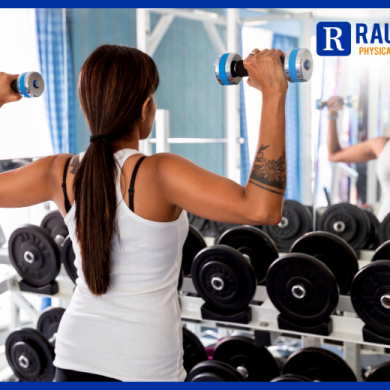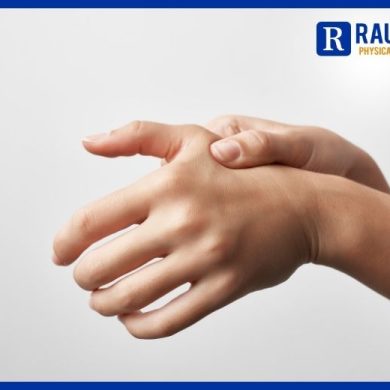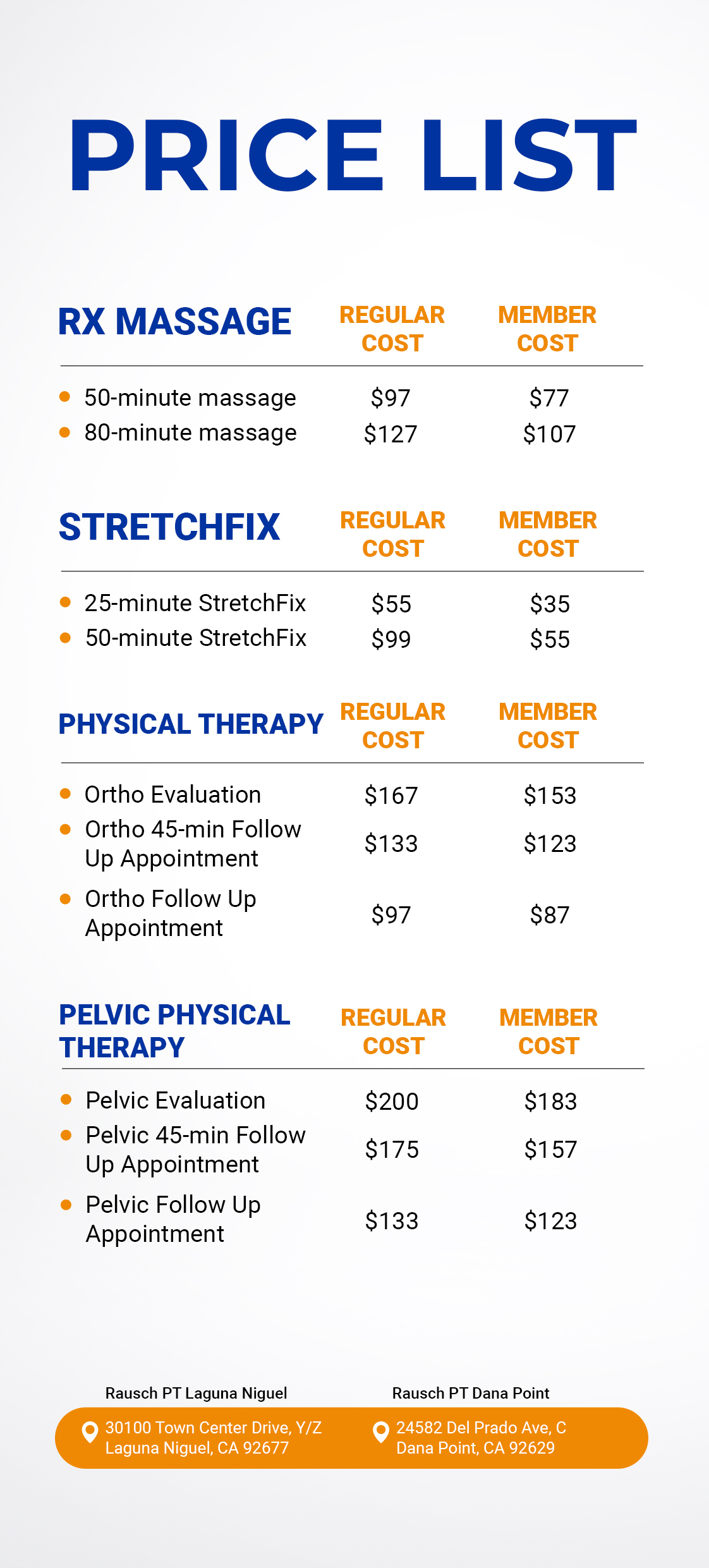Tight hips can subtly impact your daily life and activities, causing discomfort or limiting your movement. Recognizing the signs of restricted hip mobility is key to preventing issues and improving,
The Best Pillow Position for Avoiding Morning Neck Pain
August 22, 2018 10:45 pm / Category: Physical Therapy , Wellness

Do you wake up with a stiff or aching neck every morning? Your pillow could be the culprit! PT Amanda Hurst breaks down pillow position 101 and shares her fluffy recommendations so you can get your best sleep and better morning.

BY AMANDA HURST, PT, DPT, ATC, RAUSCH PHYSICAL THERAPY
Do you wake up with a stiffness, pain or discomfort in your neck? It could be due to the position of your pillow. That’s right, your pillow is your friend and deserves to be used correctly! The purpose of a pillow is to support the weight of your head, which on average weighs about 11 lbs.
When your head is properly supported by your pillow, your neck muscles are allowed to relax or turn off, which means no muscle tension or pain in the morning. Here’s a simple four-step pillow check to help you rest easy:
- If your shoulders are ON the pillow, your head will be NOT be supported! This creates increased neck extension shortening or tightening of the neck muscles, nerve impingement, and stiffness in the vertebral joints.
- Tuck your pillow into the crevice of your neck and fully relax into it.
- Your head should be in a neutral position, not too extended or too flexed forward (have someone check or take a picture for you.)
- If your pillow does not allow your head to be in neutral, either go buy a new one or fluff that sucker up!
What is the best pillow?
If you like your pillow and it doesn’t cause pain once you make sure you’re using it correctly, then keep it! If you make the adjustments above and you’re still waking up with stiffness, nerve symptoms or pain, it’s time to try a new pillow.
- Down or alternative-down is recommended
- Avoid foam pillows; they have a natural resistance that can cause your neck muscles to activate to combat that resistance while you’re sleeping
- No, you do not need to spend your life savings on the newest, fanciest pillow. There are some great, affordable options that won’t break the bank and will still help you achieve that neutral position you need for a great night’s sleep and pain-free morning.
Here are some of my personal favorites:
- Allied Home MicronOne Anti-Allergen (synthetic down) 2-pack Pillow from Costco, $34.99
- Downlite Hotel & Resort European White Goose Down Pillow collection from Costco, $44.99
- Amazon also has a large variety of synthetic down or goose down pillows, keep the price low and check the return policy in case the pillow does not work for you
 Amanda Hurst, PT, DPT, ATC graduated from Concordia with her degree in Exercise and Sports Science and became a certified athletic trainer in 2010. She went on to receive her doctorate in physical therapy in 2013 from Chapman University and has been practicing as a licensed physical therapist for the past five years in a variety of physical therapy settings, including hospital and private practice outpatient, acute care, and lab assisting. Her love of sports led her to Rausch Physical Therapy & Sports Performance, where her goal is to return all her patients back to their sport, recreational activity or hobby, and to keep our community active, healthy and happy.
Amanda Hurst, PT, DPT, ATC graduated from Concordia with her degree in Exercise and Sports Science and became a certified athletic trainer in 2010. She went on to receive her doctorate in physical therapy in 2013 from Chapman University and has been practicing as a licensed physical therapist for the past five years in a variety of physical therapy settings, including hospital and private practice outpatient, acute care, and lab assisting. Her love of sports led her to Rausch Physical Therapy & Sports Performance, where her goal is to return all her patients back to their sport, recreational activity or hobby, and to keep our community active, healthy and happy.
Want to receive our news?
Stay in the loop with our monthly specials, events, and PT news!





